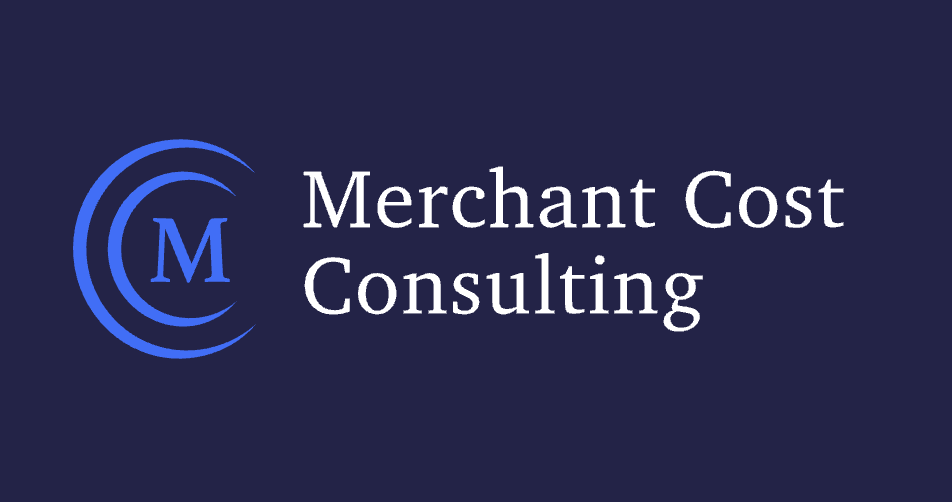Is an early termination fee avoidable? Find out how much ETFs cost, how to get out of one, and how to negotiate a better payment processing contract.
Our content reflects the editorial opinions of our experts. While our site makes money through
referral partnerships, we only partner with companies that meet our standards for quality, as outlined in our independent
rating and scoring system.
In payment processing, new business owners are often presented with long, confusing contracts by pushy salespeople. While reputable processors usually avoid locking you into bad deals, some less scrupulous sellers may include hidden fees — including early termination fees (ETFs).
If you switch processors before your contract ends, you could face an ETF. Here’s what you need to know, and how to avoid paying one.
What Is An Early Termination Fee?
ETFs appear in long-term merchant account contracts, usually from older processors or independent sales teams. These contracts often last 36 months, then auto-renew with one-year or month-to-month terms. Canceling before the end of the initial term can trigger an early termination fee, typically outlined in the contract under sections like Term and Termination or Early Termination Fee.
ETFs can be a flat fee (usually around $295–$495) or calculated based on projected earnings for the remainder of the contract. This calculation is sometimes referred to as liquidated damages, which is essentially the processor recovering what it expected to earn over the life of the contract.
If you lease equipment separately, that contract may include its own ETF, sometimes hundreds of dollars per device, or even non-cancellable leases.
How To Cancel Your Merchant Account Without Paying An ETF
The easiest way to avoid fees is to cancel at the natural end of your contract before it auto-renews. Most contracts are very specific about how to cancel, so read yours carefully.
Here’s how to handle it smoothly:
- Find your contract’s exact end date. Check the start date, auto-renewals, and any updates. This ensures you know when the contract actually expires.
- Know the required notice period. Most contracts require 30 or 90 days. Put this on your calendar so you don’t miss it.
- Send official written notice. Use the address specified in the contract. A courtesy copy to your account rep is okay, but it doesn’t replace the official notice.
- Keep an eye on your statements after cancellation. Sometimes internal processes fail, and you could still be charged. If that happens, provide proof of your timely notice and request a refund.
Other important considerations:
- Equipment leases: If you leased hardware, follow the same cancellation steps. Some leases are non-cancellable, which can leave you on the hook for the full remaining balance. Buying equipment outright avoids this risk.
- Initial vs. renewal term: Some contracts only charge ETFs during the initial term, so cancellation rules can change afterward.
- Price increases: Certain contracts allow cancellation within a short window if the processor raises rates, but you must act fast and follow the instructions precisely.
- Service issues or unmet promises: Sometimes, well-documented problems can help you negotiate a waiver. Success isn’t guaranteed, but it’s worth trying if your ETF is steep.
How To Find A Merchant Account With No ETF
You don’t have to be stuck with complex contracts from old-line processors. Newer processors and third-party solutions often offer month-to-month agreements with no ETF.
Third-party processors don’t give you a dedicated merchant account, but they allow you to start taking payments immediately and upgrade later. Be aware that some are risk-averse and may withhold payments or terminate accounts suddenly.
Negotiating a no-ETF arrangement with a processor is sometimes possible, but usually comes with a tradeoff, such as higher processing rates. If you reach an agreement, always get it in writing, since verbal promises rarely override contract language.
The Bottom Line On Early Termination Fees
ETFs are mostly a relic of older processors. By reading contracts carefully, timing cancellations, and choosing modern or third-party processors, you can avoid these fees entirely.
If you already have a contract with a high ETF, following the contract precisely — or consulting a lawyer experienced in commercial agreements — can help you exit safely without incurring any penalties.











